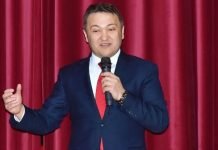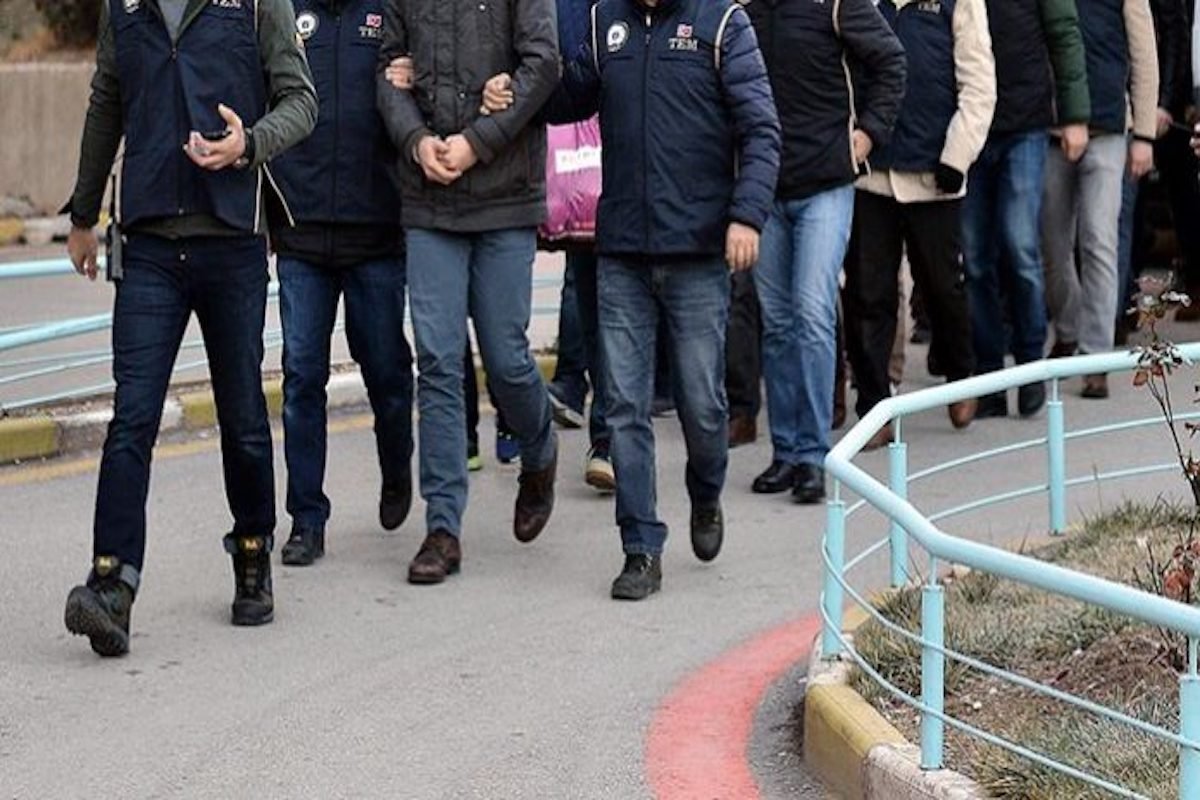A US State Department official has warned that Turkey’s intended purchase of Russian S-400 missile defense systems could trigger sanctions and other repercussions affecting defense trade, according to a report by the Greek Kathimerini newspaper on Friday.
“[An] S-400 acquisition could potentially trigger actions under the Countering America’s Adversaries Through Sanctions Act [CAATSA] and have serious ramifications for the US ability to do business with Turkey across the defense trade spectrum,” the official told the Hellas magazine.
The same official stressed the commitment of the United States to Turkey’s defense and willingness to collaborate on air and missile defense projects but said they had “very serious concerns with plans to proceed with the acquisition of the Russian S-400 missile defense system.”
Turkey signed a contract worth a reported $2,5 billion with Russia in December 2017 finalizing plans for the purchase.
Despite sustained pressure from Turkey’s NATO allies to abandon the deal, Turkish Defence Minister Hulusi Akar on Friday announced the S-400 systems would be ready to deploy in October 2019.
Turkey’s NATO allies have expressed concerns that the S-400 system will damage the alliance’s defense interoperability and could give Russia a backdoor through which the reach sensitive military data.
US lawmakers have already voted to temporarily halt the transfer of new generation F-35 fighter jets to Turkey in response to the S-400 purchase and other disagreements between the countries.
Meanwhile, ABC News reported on Friday that a Turkish-American business conference that was set to take place at Trump International Hotel in Washington, D.C., this week was quietly canceled by its organizers as Turkey and the United States were negotiating the fate of detained American pastor Andrew Brunson.
A diplomatic dispute between Turkey and United States erupted in late July over the almost two-year-long detention of Brunson on terrorism charges. The United States imposed sanctions on Turkey in August after a Turkish court decided to move Brunson from prison to house arrest, despite US expectations that he would be released. The row was resolved on Oct. 12 when a Turkish court freed Brunson due to time served.
But his release came too late for organizers of the event in Washington. The head of the American-Turkish Council (ATC), Howard Beasey, told ABC News that the group had been forced to postpone its plans for the annual event after it had become clear that no senior US officials would have been willing to attend it, while negotiations between two countries were ongoing.
“We were on non-speaking terms, more or less, government-to-government from July until two Fridays ago,” Beasey said.
The decision to sign a two-year contract with Trump International Hotel to hold the annual US-Turkey business conference was not intended to curry favor or win influence with the current US administration, Beasey said, adding that the organization would not end its contract with the hotel.
“I wish I was that strategic,” Beasey said, adding that the hotel had given his group a very good offer for their annual event prior to the US elections in 2016.
















